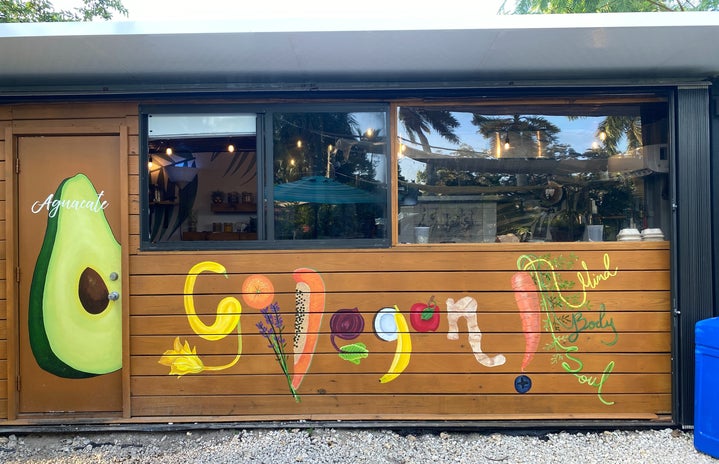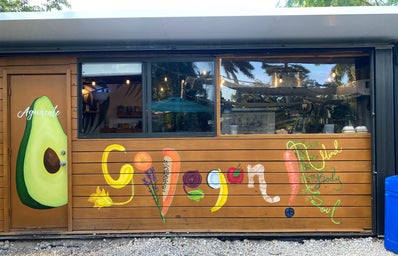When one usually thinks of veganism, the image that comes to mind is usually a white person with dreads eating granola. This is because mainstream cruelty-free living and plant-based eating have been adopted by white people, when in reality plant-based has been practiced by many Indigenous cultures for centuries.Yet, the white vegan movement has managed to claim plant-based eating as their own way of life, and scrutinize those who do not choose to follow a vegan diet, embodying white-privilege.
I switched to a plant-based (I don’t like to associate with the word vegan that much) diet almost two years ago. At the time, I had been vegetarian for a year and a half. I decided to make the switch because I wanted to limit my impact on the environment and adopting a plant-based diet seemed like the easiest way to do so.
While it has been shown that a plant-based diet is a great way to limit your impact on the earth, there is a misconception among some vegans that if someone chooses to eat animal products, they don’t care about the environment.
This simply isn’t true. What often isn’t recognized by the vegan community is that it simply isn’t feasible for everyone to adopt a vegan diet and it is the ultimate form of privilege to believe so.
If a single mother is working multiple jobs to be able to provide food for her children, she shouldn’t have to ensure the food she is providing is plant-based. It becomes even more complicated if she is living in an area where it’s difficult to access fresh foods and vegetables. Does that mean this mother doesn’t care about the environment? No.
For certain groups, adopting a vegan diet is relatively easy because we are able to easily access plant-based foods. On the other hand, if you are lower-middle class, part of a marginalized community, disabled or recovering from an eating disorder, things become a lot more complicated.
The larger vegan community continues to scrutinize and force their views onto others, failing to consider their privilege that allows them to follow this diet. This form of veganism completely ignores intersectionality.
White veganism as it exists today serves to uphold colonialism. For example, there are many animal-rights activists who have protested against the tradition of Inuit seal-hunting, claiming it is an animal rights abuse. What they fail to acknowledge however is that this is a tradition that has sustained the Inuit for generations and it is an essential part of their culture.
Though the vegan community is quick to criticize cultural traditions that have been going on for centuries, they fail to acknowledge the harmful repercussions of plant-based mass production in the global south. Having concern for the environment and animals does not accomplish anything if there is no concern for the rights of humans who are producing plant-based foods.
The white vegan movement needs to take a step-back and not impose their beliefs onto certain groups of people without acknowledging the implications of intersectionality. Going vegan is not the only way to care about the environment, or to care about animal rights, and it’s time that we acknowledge this.



